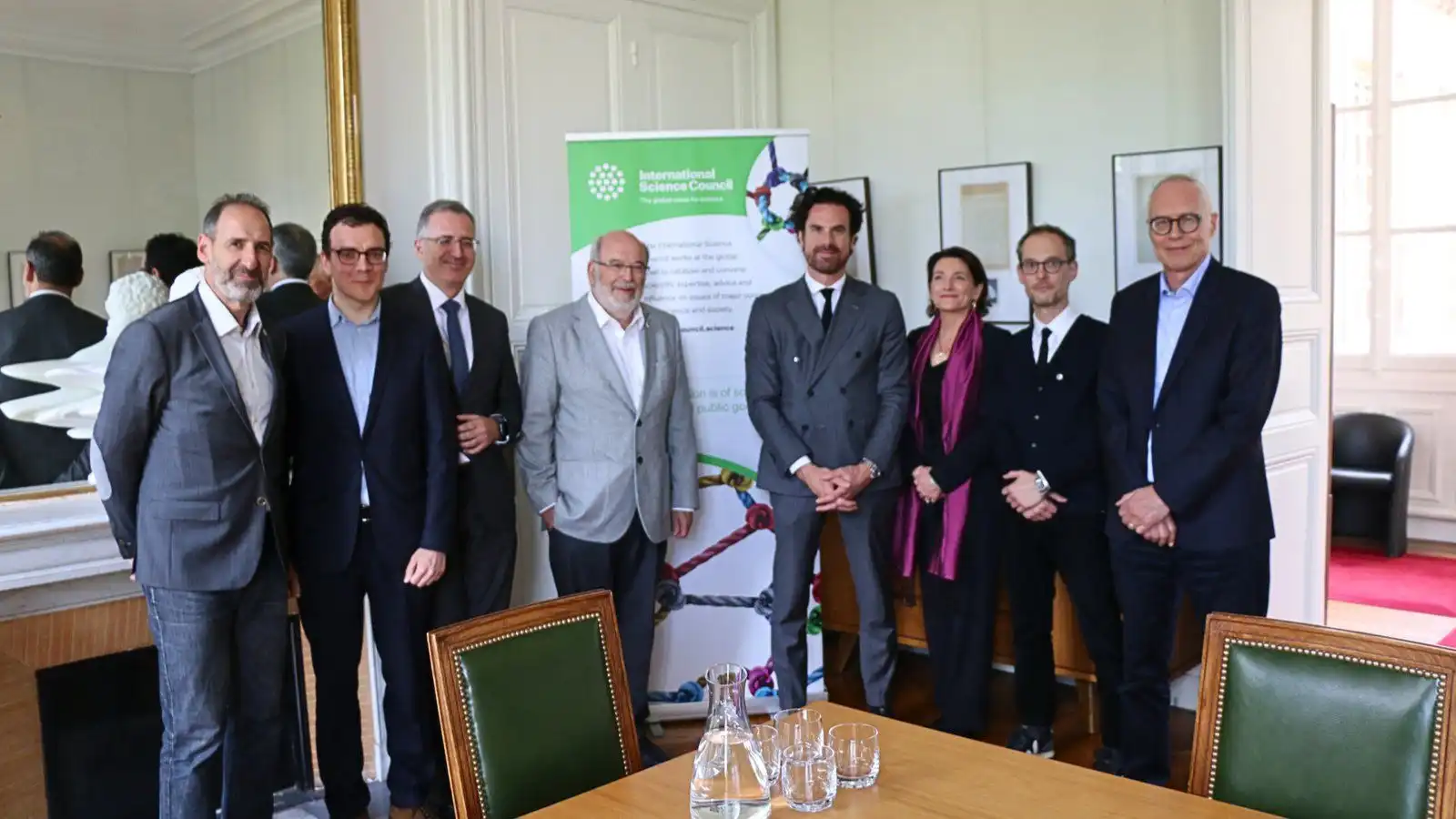Home>Science Diplomacy: Sciences Po and the International Science Council Enter Into a Partnership
26.05.2023
Science Diplomacy: Sciences Po and the International Science Council Enter Into a Partnership
Sciences Po and the International Science Council (ISC) have just signed a strategic partnership agreement aimed at developing both experts' mobility and research in the areas of science diplomacy (the use of science to advance diplomatic goals and vice versa) and academic freedom.
Founded in Paris in 1931 by scientists from several European nations, the International Science Council has become a global and interdisciplinary NGO bringing together more than 230 leading scientific organisations whose mission is to rally science and society on solving major global issues. Recognised as the “global voice of and for science”, the ISC also works on establishing a new global governance of science.
This partnership with the ISC should foster mobilities of experts and teachers for our Bachelor of Arts and Sciences programmes (BASc) at the Undergraduate College. It will also deepen the dialogue between teaching and research initiated at the Paris School of International Affairs (PSIA) and the Center for International Studies (CERI) on science diplomacy. Internship opportunities at the ISC will be offered annually to students of the Master in International Governance and Diplomacy at the PSIA. As per this partnership, the President of Sciences Po, Mathias Vicherat will confirm his deep commitment to the defense of academic freedom by becoming a member of the prestigious Committee on Freedom and Responsibility in Science of the ISC.
Stéphanie Balme, scientific director of this agreement, Dean of Sciences Po’s Undergraduate College and Research Director at the CERI, welcomes this new partnership: "To Sciences Po, this partnership with the ISC is a continuation of the work of Bruno Latour, who was a pioneer in building bridges between political science, humanities and natural sciences. This agreement will also allow us to fully invest in the very innovative field of international affairs that is science diplomacy”.
MORE INFORMATION :
